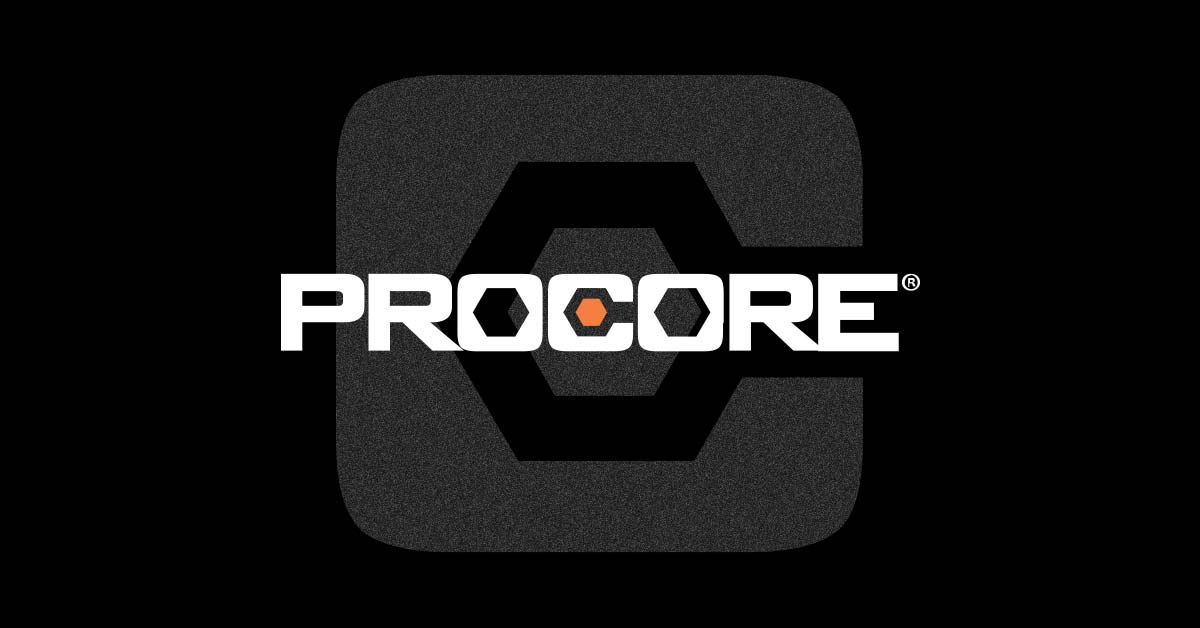Key Benefits of Procore–NetSuite Integration
Unite field operations and accounting around a single version of project financial truth.
Connected Project Data
Keep projects, vendors, and cost structures in sync between Procore and NetSuite, so job cost reporting lines up with what’s happening in the field.
Faster Month-End Close
Bring commitments, subcontractor invoices, and direct costs into NetSuite quickly so accounting can close WIP and project financials on time, with fewer surprises.
Accurate WIP & Margin
Tie field-approved costs to NetSuite jobs and cost codes to improve WIP reporting, profitability analysis, and forecasting across your portfolio of projects.
Less Double Entry
Reduce manual re-keying of commitments, invoices, and adjustments between systems, minimizing errors and freeing up both project teams and finance.
How Our Procore–NetSuite Integration Works
Built around your cost codes, approval flows, and project delivery model – not a generic template.
Discovery & Mapping
We review your Procore modules, NetSuite setup, COA, and cost codes to define object mappings, ownership, and how data should move between systems.
Build & Configure
We configure field mappings, job/cost code logic, and approval-driven triggers, then set up sync schedules and error handling that fit your operations tempo.
Test, Train & Launch
We run sample projects and invoices through end-to-end, train PMs and accounting, then go live with monitoring, tuning, and post–go-live support.
Common Procore–NetSuite Integration Use Cases
Support GC, specialty contractor, and owner/developer workflows with a single integration backbone.
Subcontractor Invoicing & Commitments
- Commitments and subcontractor invoices approved in Procore create vendor bills in NetSuite with the right jobs and cost codes.
- Retention, tax, and markup logic can be carried from Procore into NetSuite for accurate AP and reporting.
- Payment status flows back so PMs know when subcontractors have been paid.
Owner Billing, WIP & Change Management
- Change events and approved change orders in Procore are reflected in NetSuite budgets and job cost.
- Owner billing can tie back to actual costs and commitments for more accurate WIP and margin analysis.
- Executives and finance get consolidated views while project teams stay in Procore.
Procore–NetSuite Integration FAQs
Answering common questions from operations, project controls, and accounting teams.
Do we need to change our cost codes or chart of accounts?
Not necessarily. The integration is designed to map Procore cost codes and structure to your existing NetSuite chart of accounts and segments, so we adapt to your model instead of forcing a new one.
Which Procore modules can be integrated?
Common integrations include Projects, Companies, Commitments, Direct Costs, Prime Contracts, and Change Events. We’ll align scope with the modules you actually use today.
Can different entities or subsidiaries use different mappings?
Yes. For multi-entity NetSuite environments, we can support subsidiary-specific rules for projects, vendors, cost codes, and GL posting, while still using a unified integration framework.
How long does a Procore–NetSuite implementation usually take?
Timelines depend on scope and complexity, but many Procore–NetSuite integrations take a few weeks from discovery to go-live once requirements, mappings, and test scenarios are finalized.
Ready to Connect Procore and NetSuite?
Tell us about your projects, entities, and current job cost challenges, and we’ll recommend an integration approach that supports both field teams and finance.
